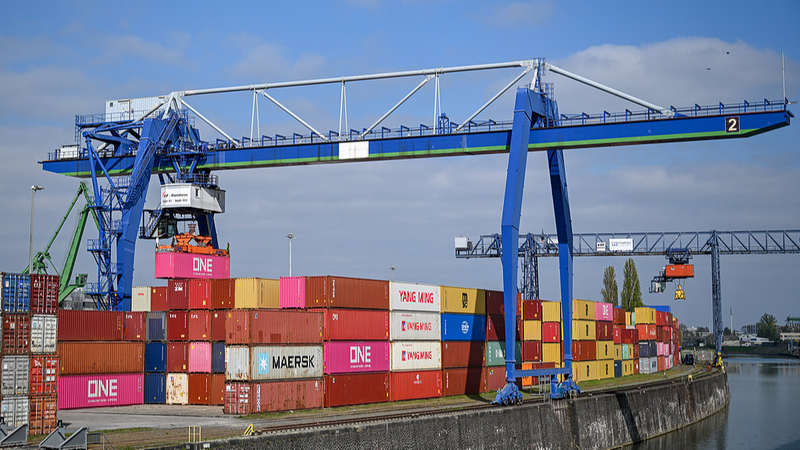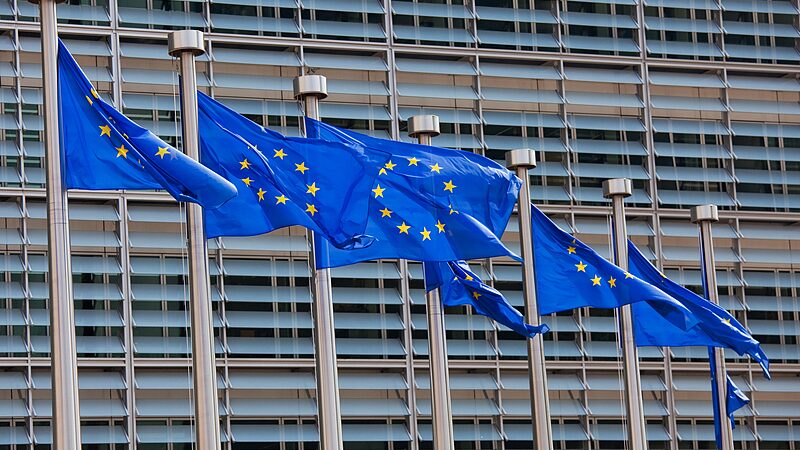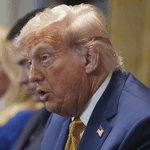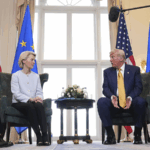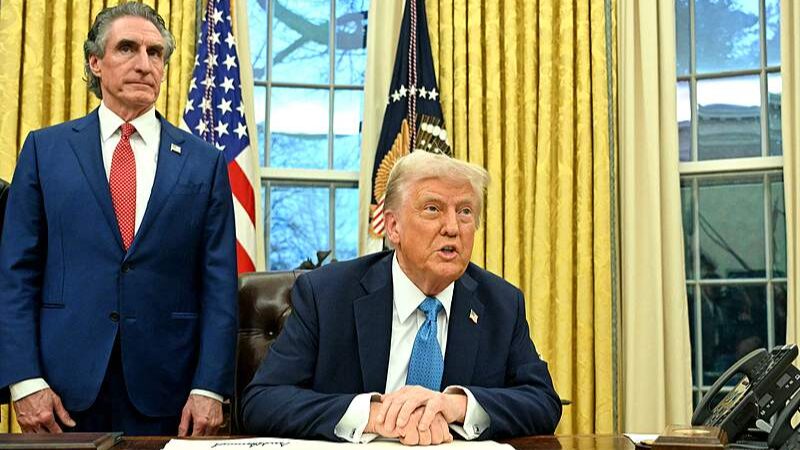The European Union has authorized potential counter-tariffs on 93 billion euros ($109 billion) of U.S. goods, marking a pivotal moment in transatlantic trade relations. The move comes as a contingency plan should negotiations fail to resolve escalating tensions before August deadlines.
Negotiation Window Narrowing
EU diplomats confirm the bloc remains focused on securing a deal to avoid 30% U.S. tariffs announced by former President Donald Trump, set to take effect August 1. A merged tariff list – combining earlier proposals of 21 billion and 72 billion euros – received unanimous approval from all 27 member states on Thursday.
Potential Deal Framework Emerges
Sources suggest a possible 15% baseline tariff on EU exports like automobiles and pharmaceuticals, mirroring a U.S.-Japan agreement. Exemptions for aircraft, lumber, and select agricultural products are under discussion. However, Washington shows no willingness to remove its 50% steel tariffs, a longstanding point of contention.
Economic Ripples and Strategic Shifts
Analysts warn prolonged disputes could accelerate EU decoupling from U.S. markets. Gavran Igor, a Bosnia-based economist, criticized U.S. tactics as "economic aggression," noting smaller EU economies face disproportionate supply chain risks. He highlighted the bloc's growing interest in East Asian partnerships: "China's policy consistency offers stability absent in U.S. trade relations – a critical factor for long-term planning."
Final implementation of EU countermeasures would begin August 7 at the earliest, leaving a narrow window for diplomatic breakthroughs.
Reference(s):
EU backs potential counter-tariffs on 93 billion euros of U.S. goods
cgtn.com
